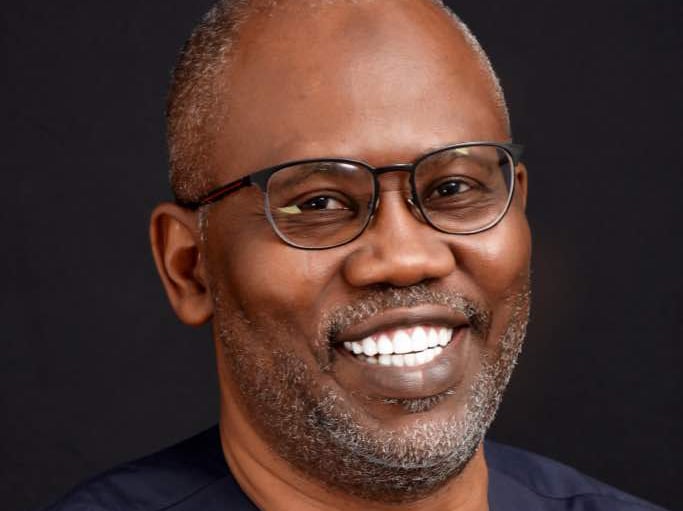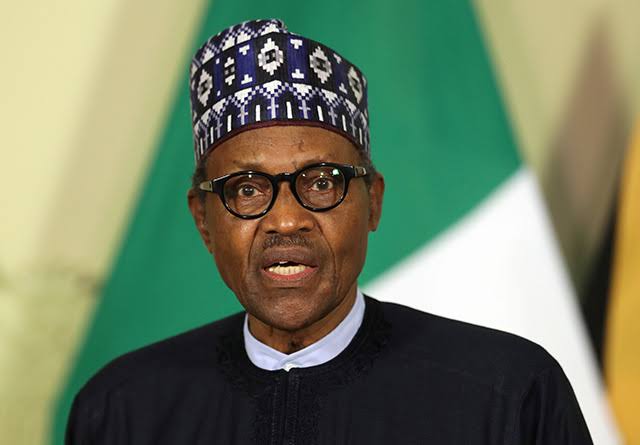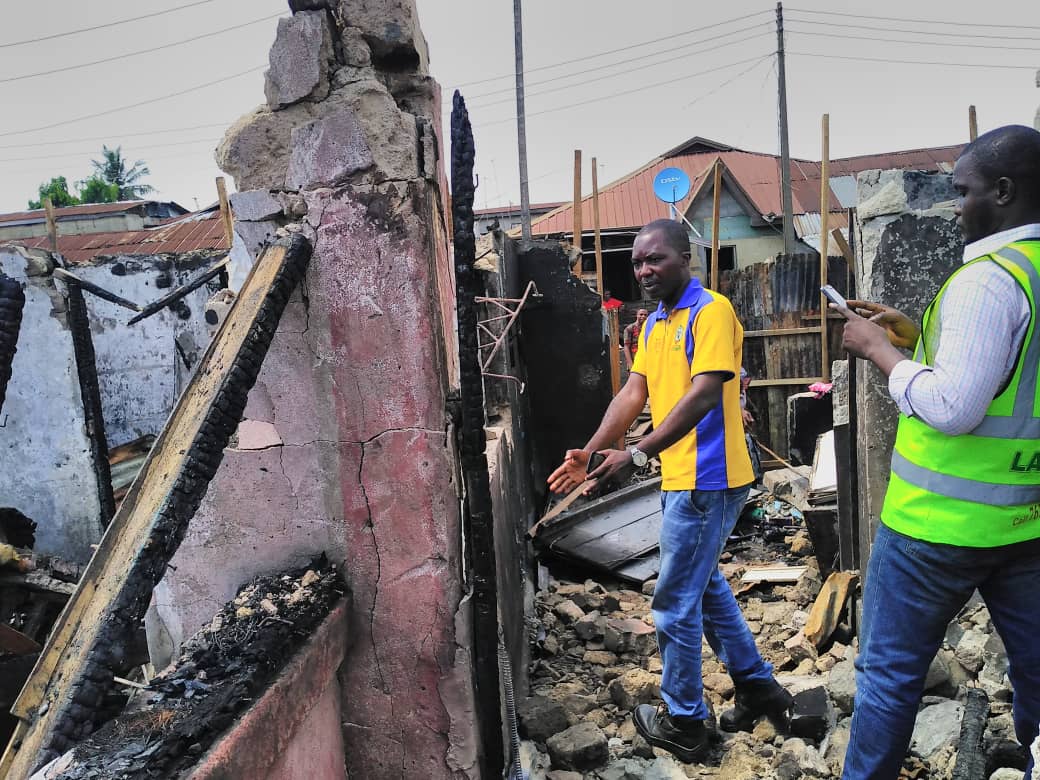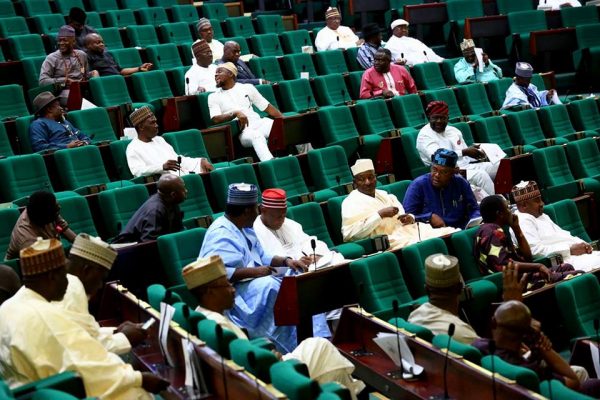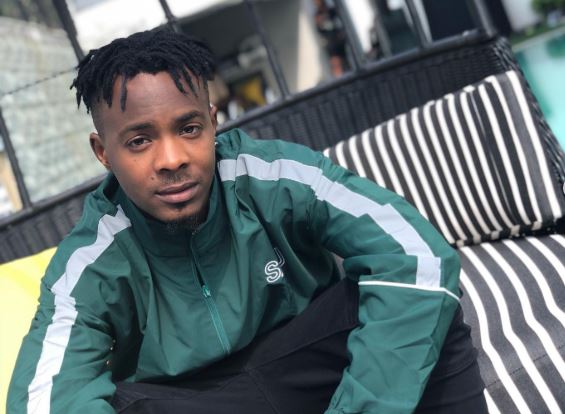The Interpol is in a fix over Mohammed Bello Adoke, the former attorney-general of the federation (AGF), after detaining him for over two weeks without being able to extradite him to Nigeria, TheCable understands.
Interpol arrested Adoke in Dubai, United Arab Emirates, on November 12, 2019 based on a “Red Notice” sent by the Nigerian authorities after an Abuja court issued a warrant of arrest against the former minister.
TheCable previously reported that there was confusion in Interpol after Adoke, who had gone to Dubai for a scheduled medical check-up, showed them a court order that quashed the warrant of arrest.
The Nigerian government sent only the warrant of arrest without updating it with the order vacating it, further strengthening Adoke’s argument that the case against him is political.
Advertisement
Interpol demanded that a copy of the new order should be attested to by the AGF and officially transmitted to the organisation before Adoke could regain his freedom.
Adoke’s lawyer, Mike Ozekhome, then wrote to Abubakar Malami, the AGF, to request for his attestation but he has refused to do it — contrary to reports that Malami was trying to help his predecessor in office.
The failure of the Nigerian authorities to send the attested order to Interpol appears to be playing into the hands of Adoke who has persistently claimed that he is a victim of “political witch-hunt”.
Advertisement
TheCable learnt that his friends have now engaged foreign lawyers to fight the move by the federal government to forcefully return him to the country.
THE DASUKI CASE
Article 3 of Interpol’s constitution forbids the organisation from undertaking any intervention or activities of a “political, military, religious or racial character”.
Adoke’s lawyers have since made representations to Interpol headquarters in France, citing the cases of Sambo Dasuki, the former national security adviser who has been in detention since 2015 despite court orders; Ibraheem El Zakzaky, the leader of the Islamic Movement of Nigeria, who has also been detained since 2015; and Omoyele Sowore, the publisher of Sahara Reporters who is still being held despite a court order.
Advertisement
They argued that Adoke would be subjected to the same treatment if returned to Nigeria amidst reports of worsening human rights situation in the country.
Adoke’s lawyers previously petitioned the United Nations Human Rights Committee (UNHRC), alleging that the Nigerian government had embarked on “unmitigated acts of persecution, intimidation, harassment, threat of deprivation of right to life, unlawful interference with right to family life and livelihood as well as filing of phantom criminal charges” against him.
Meanwhile, the arrest by Interpol is only “provisional” and Adoke cannot be extradited without a court process.
According to Interpol, “the legal basis for a Red Notice is an arrest warrant or court order issued by the judicial authorities in the country concerned. Many of our member countries consider a Red Notice to be a valid request for provisional arrest”.
Advertisement
Although it would not comment on Adoke’s case directly, it says “any individual who is subject to an Interpol notice should be considered innocent until proven guilty”.
THE MUTUAL LEGAL ASSISTANCE OPTION
Advertisement
The Economic and Financial Crimes Commission (EFCC) has been making frantic efforts to ensure Adoke is extradited to Nigeria since his arrest.
The anti-graft agency wants to put him on trial over allegations of abuse of office and money laundering in the OPL 245 deal of 2011.
Advertisement
To sidestep the vacated warrant of arrest, the EFCC is looking at the option of activating the judicial agreements signed in October 2018 between Nigeria and UAE, insiders told TheCable on Wednesday.
The agreements cover extradition and transfer of sentenced persons; mutual legal assistance on criminal matters; and mutual legal assistance on criminal and commercial matters.
Advertisement
The EFCC is hoping to invoke the aspect on extradition to overcome the legal hurdle over the already vacated warrant of arrest.
After Adoke’s arrest, the EFCC had written to Interpol detailing the allegations, including fresh ones, against Adoke and demanding that he be extradited.
But the extradition option being advanced by EFCC has to go through court processes in Dubai.
Adoke currently has two court judgments in his favour, and it would be near impossible for Nigeria to secure the mandatory extradition order from any court in the UAE.
In addition to the order vacating the international warrant of arrest, a court had also ruled previously that Adoke cannot be held liable for carrying out lawful presidential orders in the OPL 245 transaction for which EFCC wants to put him on trial.
The EFCC had secured a warrant of arrest against the former AGF and four other persons over the OPL 245 deal in April 2019 but the order was vacated by the same court in October because the defendants were not served the processes.
Adoke went on self-exile in 2015, raising the alarm that he was a victim of political witch-hunt and that there was a plot to humiliate him.
He was AGF under President Goodluck Jonathan from 2010 to 2015.
Add a comment
